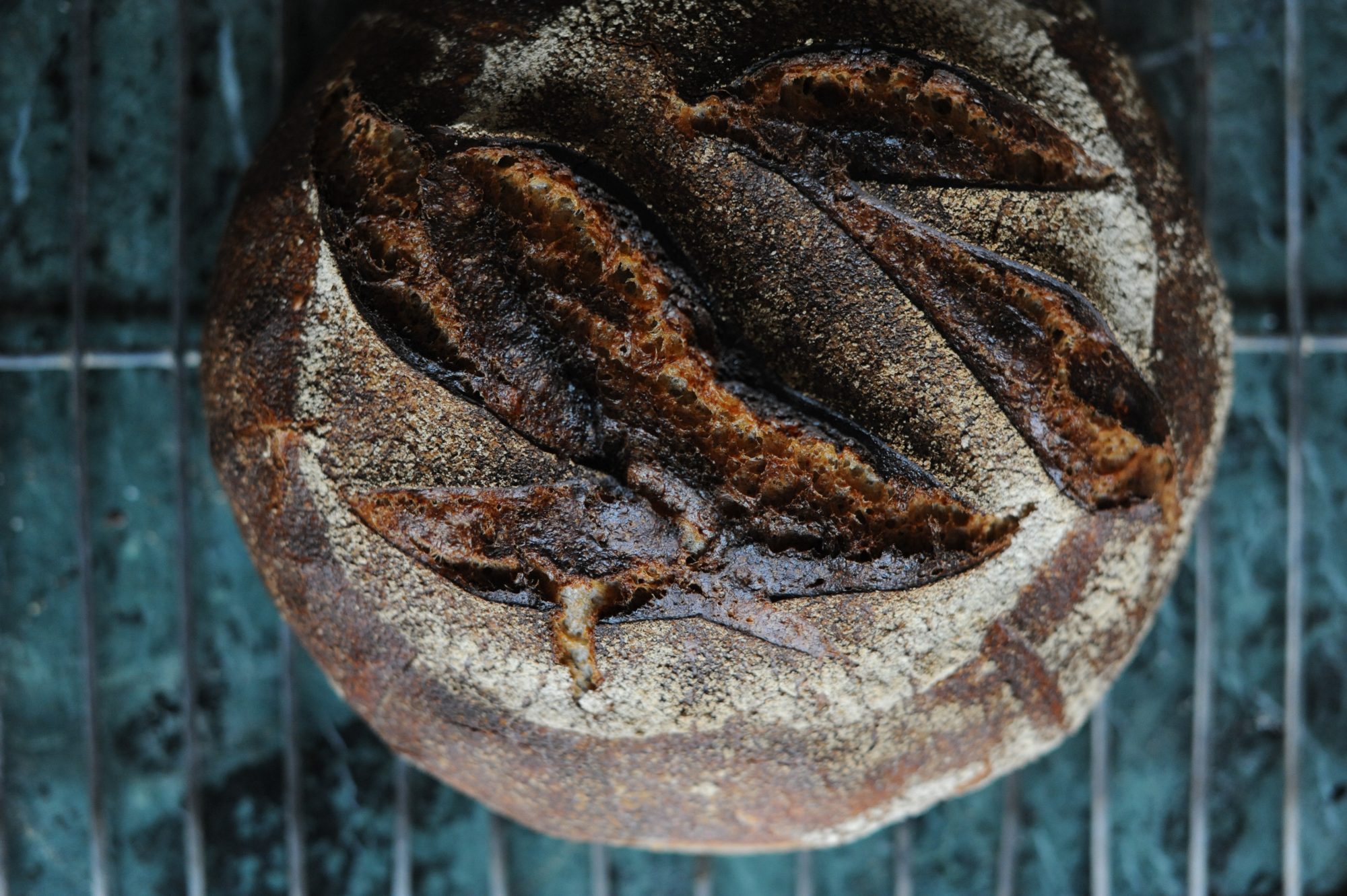
The fibre content of wholegrain wheat ranges from 11.6% to 12.7% dry weight. Most of the fibre that is in the outer layers of the grain is typically called wheat bran. This is one of the richest sources of fibre. There are two main types of fibres: soluble and insoluble fibres. Soluble fibres absorb water to form a gel-like substance inside the digestive system. Soluble fibre helps soften stool so it can slide through the GI tract more easily, and also increases transit time, which helps you feel fuller for longer. Soluble fibres act as sources of food or fermentable substrates for colonic bacteria. Insoluble fibres are those that help add ‘roughage’. They are the tougher components of plants (specifically the skins, stalks and seeds) that do not dissolve in water and are not all broken down (fermented by gut bacteria), and therefore have a bulking effect.
The main types of soluble fibres present in wholegrain wheat are:
- Resistant starch: accounting for 1–5% of the fibre in bran and the endosperm.
- Beta-glucan: accounting for 6% of the fibre in bran and also present in the endosperm.
- Arabinoxylan: accounting for 70% of the fibre in bran but also present in some quantities in the aleuronic layer (the outermost layer of the endosperm).
The structural components of wholegrain wheat constitute the insoluble fibres, which are mainly found in the bran and aleuronic layers of the wheat kernel. Some levels are also found in wheat germ. The main types of insoluble fibres present are:
- Cellulose: accounting for approximately 25% of the fibre in bran.
- Lignin, pectin and inulin.
The UK recommended dietary intake for fibre in adults is 30g/day, but on average most people in the UK only get about 18g/day. A medium slice of wholegrain sourdough contains 2–4g of fibre.

